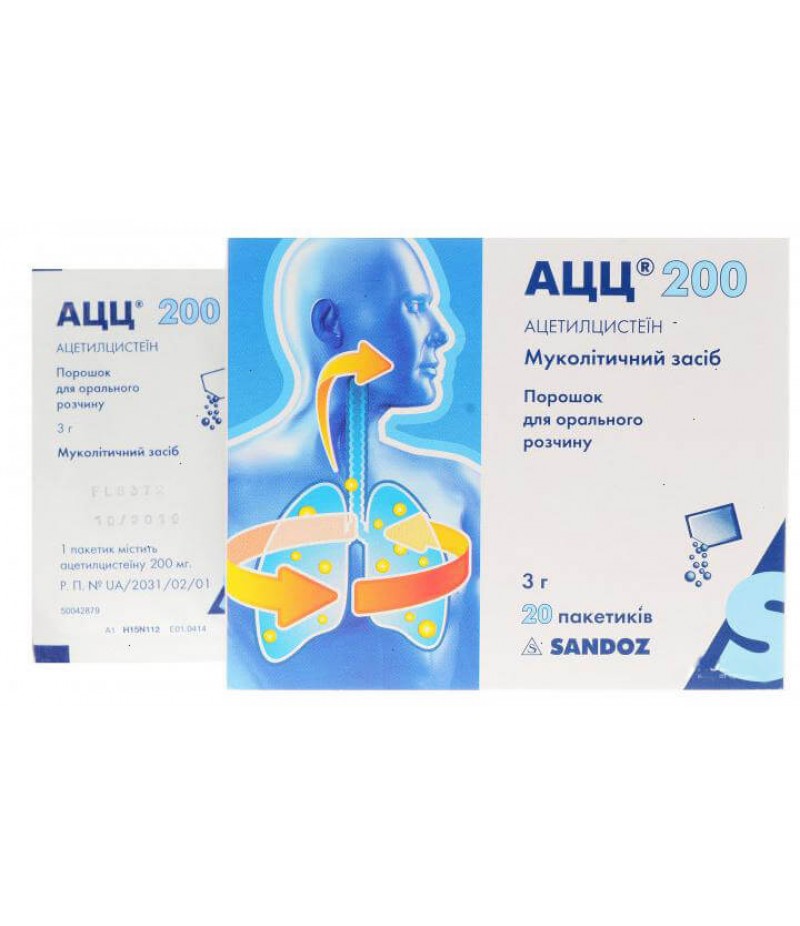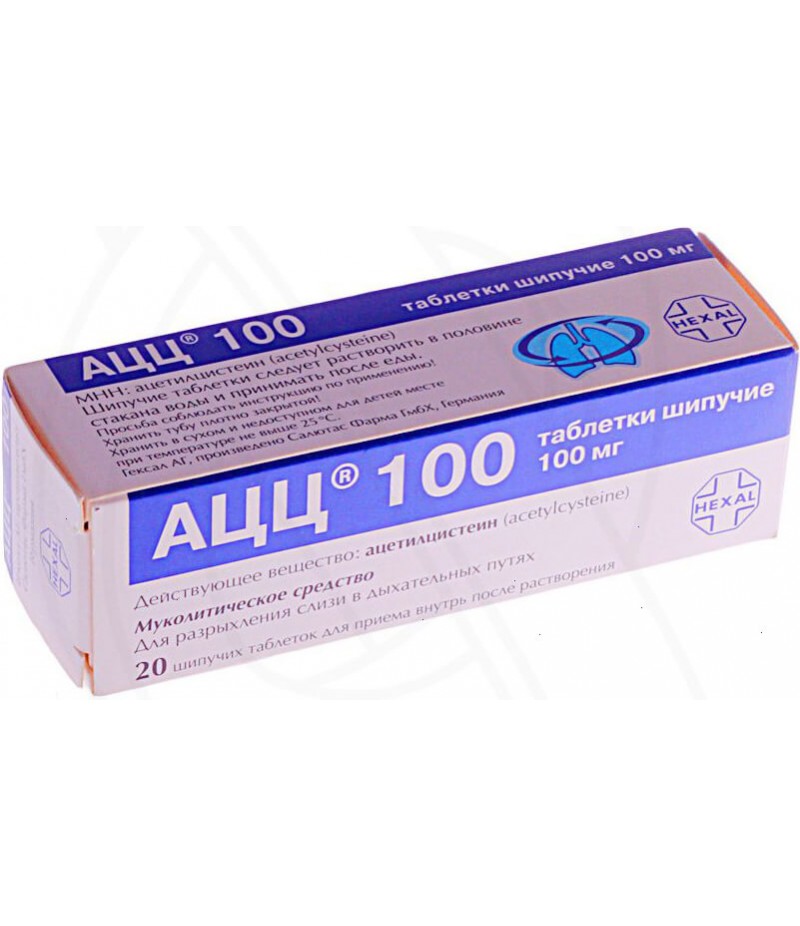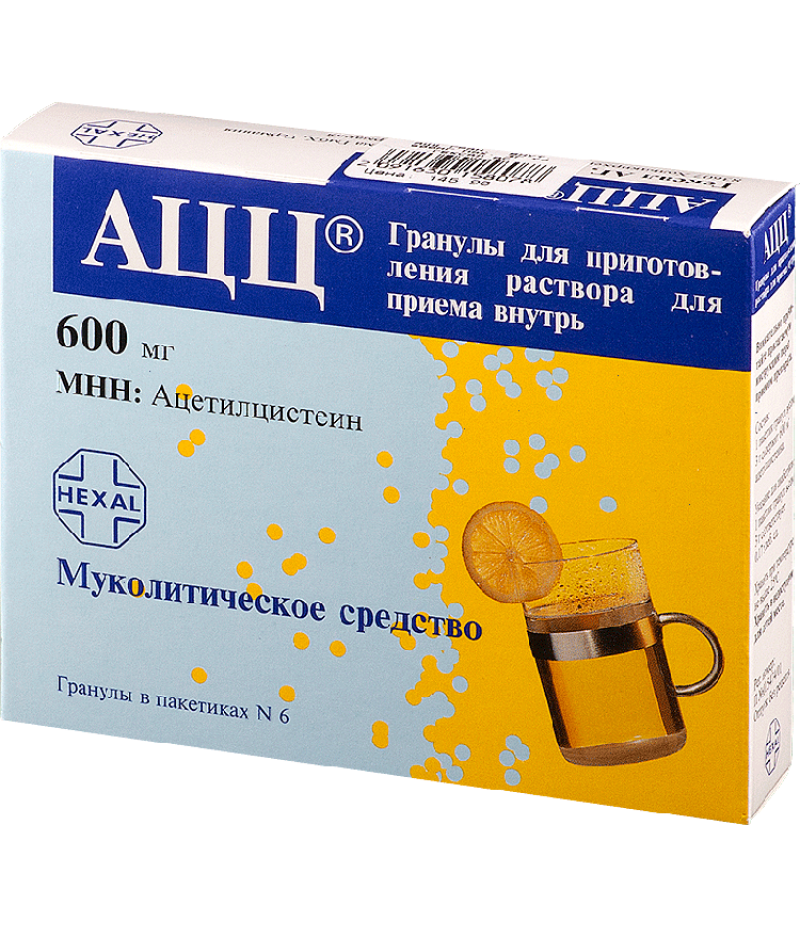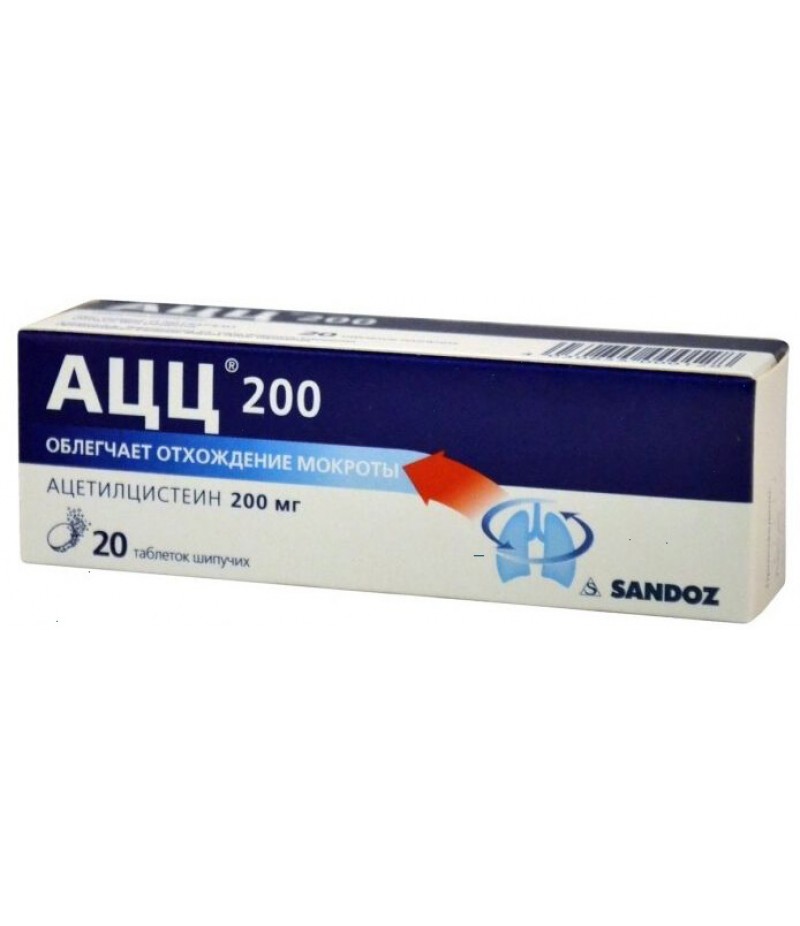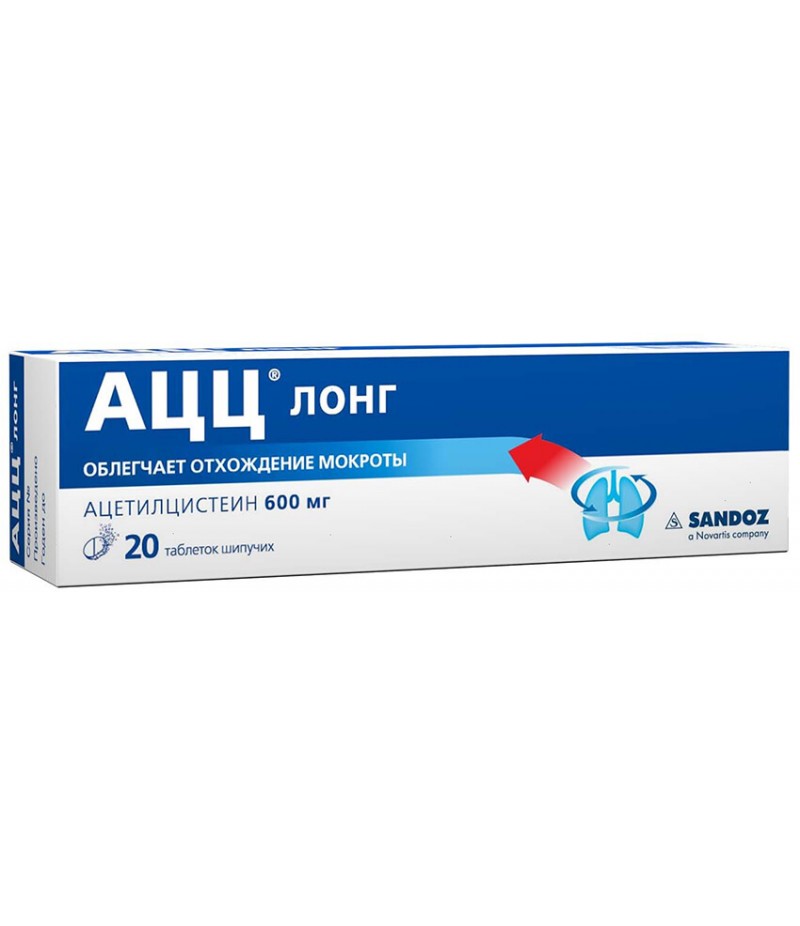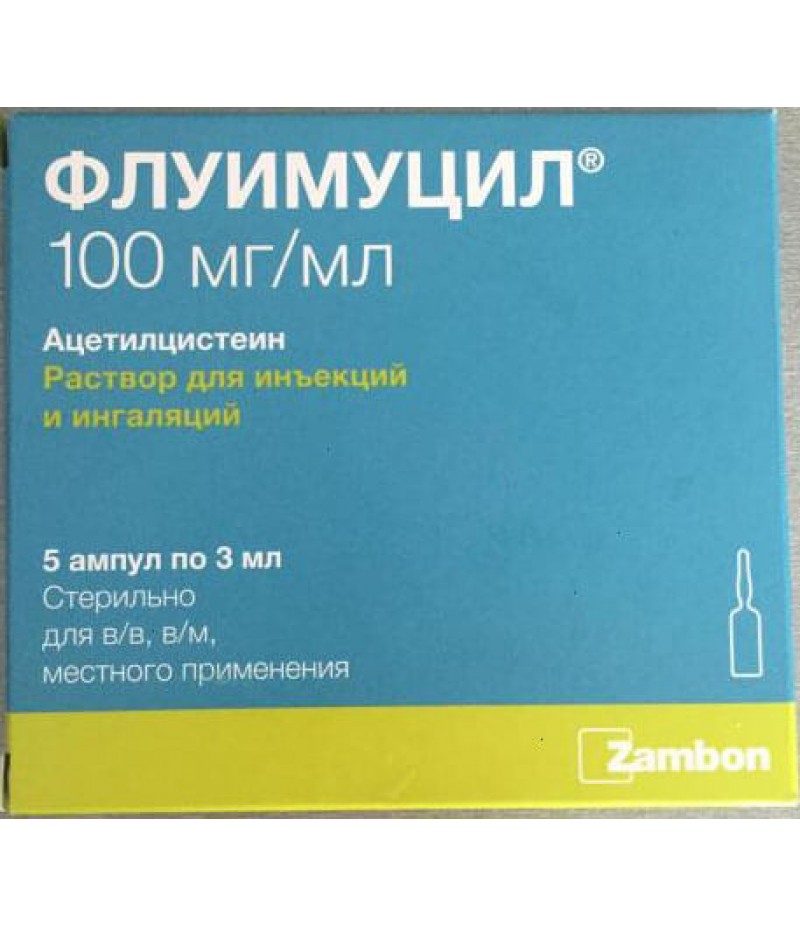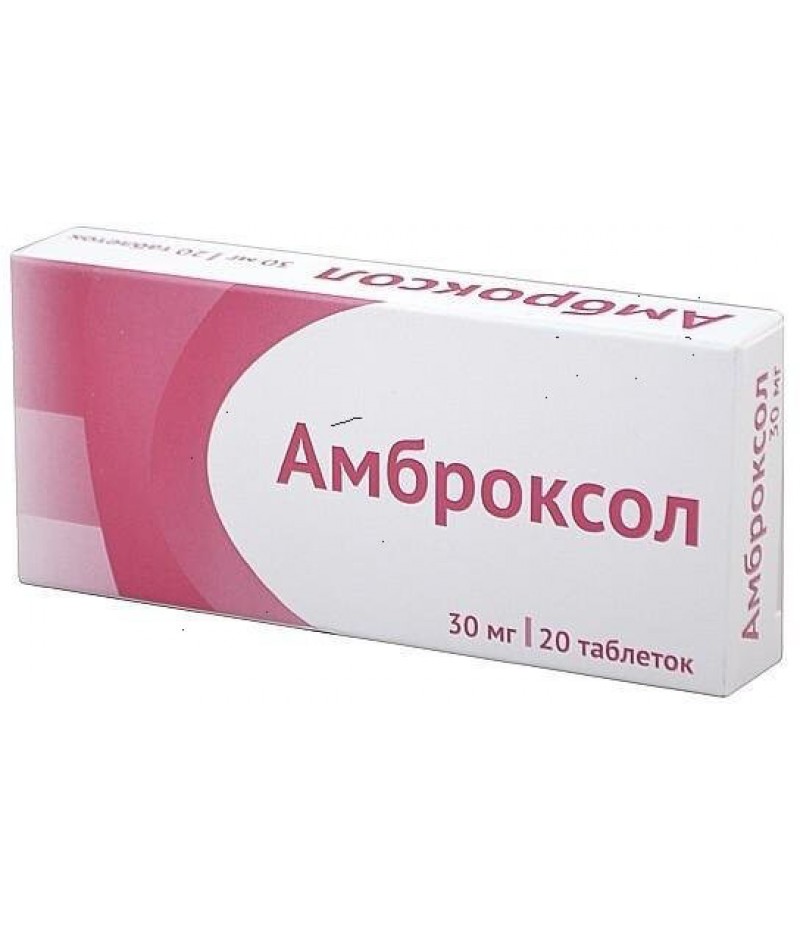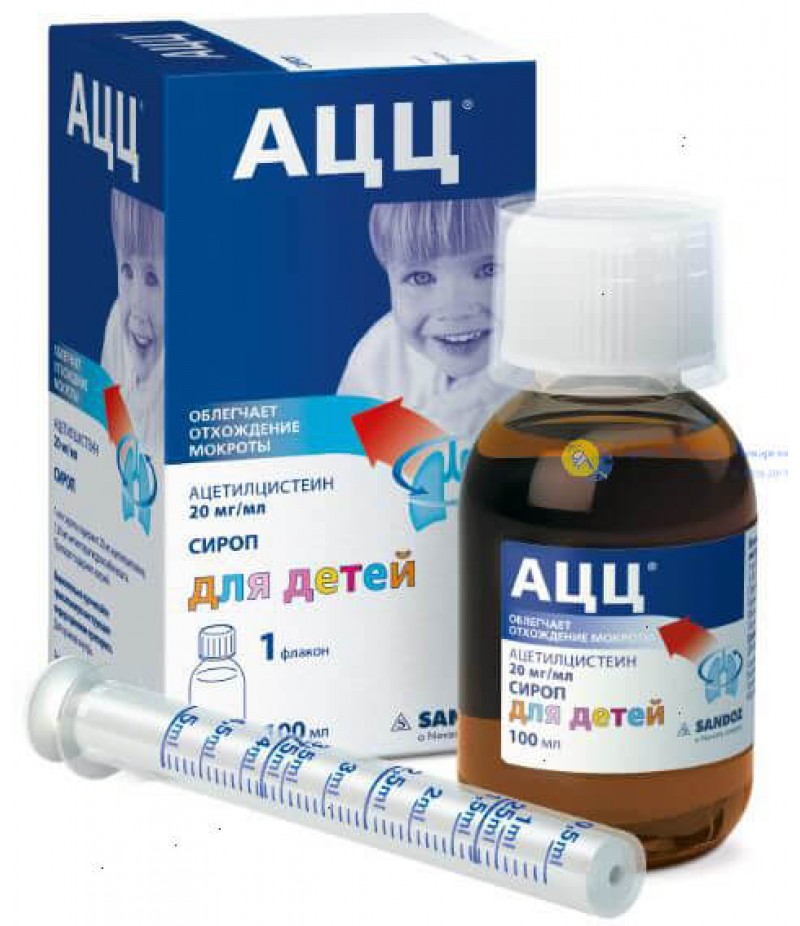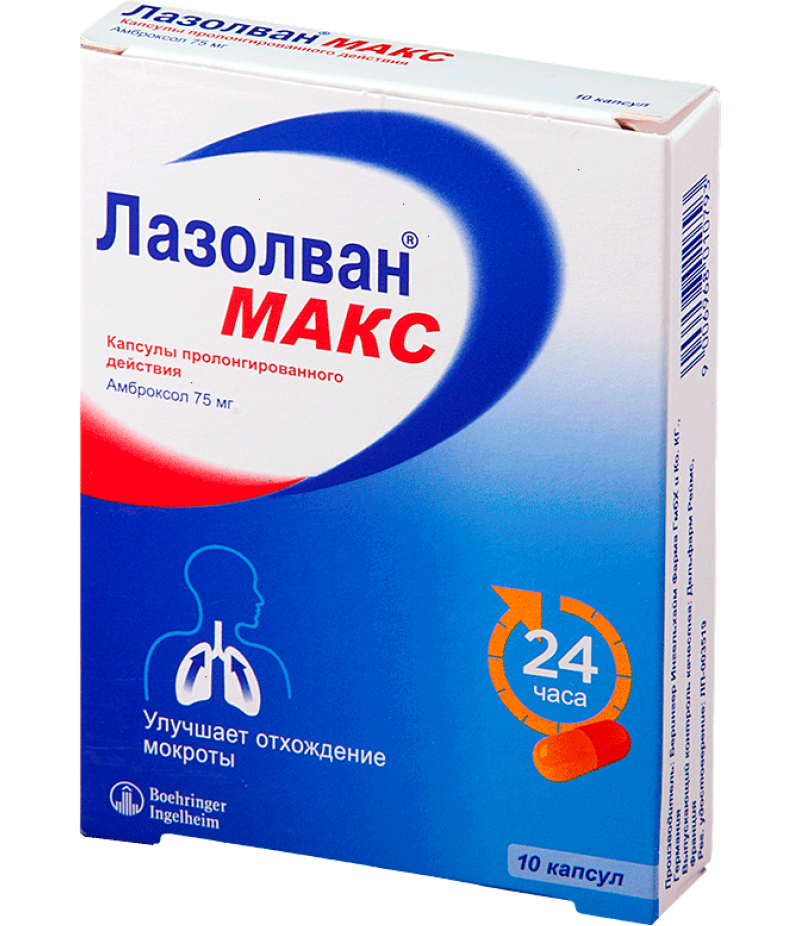ACC powder 200mg #20
- $7.20
- 3 or more $6.99
- Availability:In Stock
ACC powder instruction for useReed more and buy ACC powder on this pageForm of issue and compositionThe active ingredient is acetylcysteine. Granules have a homogeneous consistency without lumps with orange flavor. Each packet of ..
Tags: powder
ACC powder instruction for use
Reed more and buy ACC powder on this page
Form of issue and composition
The active ingredient is acetylcysteine. Granules have a homogeneous consistency without lumps with orange flavor. Each packet of granules contains 200 or 100 mg of acetylcysteine. In addition to the active substance, auxiliary components have been added to the formulation: saccharin, ascorbic acid, sucrose and orange flavoring. A cardboard package may contain 50 or 20 disposable sachets, each of which is made of a three-ply material. The package contains detailed instructions.
Indications for use
ACC should be used in such painful conditions:
formation of difficult to separate sputum viscous consistency;
obstructive bronchitis;
bronchiectasis;
laryngotracheitis;
bronchial asthma;
cystic fibrosis;
pneumonia;
in the treatment of chronic and acute sinusitis;
bronchiolitis;
otitis media;
other diseases of the respiratory system.
Contraindications
The ban on taking the drug ACC concerns nursing and pregnant women, children under the age of two, patients with increased sensitivity to any component of this drug. Increased caution is required to manifest in the appointment of ACC to people with varicose veins in the esophagus, hemoptysis, bronchial asthma (due to a possible complication in the form of bronchospasm), failure of the kidneys or adrenals, liver, peptic ulcer. In pregnant women, admission of ACC is possible only in extreme cases, when the benefit exceeds the likelihood of unwanted consequences.
Dosing and Administration
ACC in adolescents, from the age of 14 years and in adults, is applied according to the scheme. In the treatment of diseases of the respiratory system, one packet with an acetylcysteine content of 200 mg or two packets of 100 mg of drug substance should be taken 3 times for 24 hours. The total dose of acetylcysteine ranges from 400 to 600 mg per day. It is divided into several receptions after consultation with a doctor.
Children from 6 to 14 years of age should consume 300-400 mg of medicinal substance per day. Reception is divided into 3 or 2 times through approximately the same intervals.
Children from 2 to 5 years are prescribed ACC in a dose of 100 mg twice a day.
A different treatment regimen is performed in the treatment of cystic fibrosis. Since the age of six, three times a day is required for 200 mg. Children 2 - 5 years should drink the drug at 100 mg four times in 24 hours. Sometimes it is necessary to increase the daily dose to 800 mg in patients who weigh more than 30 kg.
Diseases that occur briefly, require therapy with the drug ACTS about 6 - 7 days. In the case of cystic fibrosis or chronic problems with the respiratory system, a long course is required, selected by the doctor strictly individually.
How to grow ACC powder?
The drug ACC is prescribed strictly after meals. The granules in the sachet must be dissolved in a cool liquid (tea, water, juice). Parallel fluid intake significantly increases the activity of acetylcysteine.
Side effects of ACC powder
During therapy, there may be such unpleasant complications:
headache;
noise in ears;
the appearance of inflammatory elements in the oral cavity;
nausea or heartburn;
stool disorder;
tachycardia;
lowering blood pressure;
single complaints were registered for allergic complications. The most frequently observed bronchospasm, which is usually fixed in patients with increased bronchial reactivity. Possible itching or rash;
development of bleeding (extremely rare).
special instructions
Patients with diabetes should take into account the fact that the package of ACC with a dosage of 200 mg corresponds to 0,23 BE, and with a dosage of 100 mg - 0,24 BE. The granules contain sucrose. When feeding and lactating, the ATS is prescribed under strict medical supervision in extreme cases.
It is forbidden to use ACC with substances that have antitussive effect. Possible stagnation of mucus in the bronchi. It is necessary to know that nitroglycerin, taken simultaneously with acetylcysteine, will enhance its vasodilating effect. ACC incompatible with drugs related to antibiotics. Especially it concerns cephalosporins, penicillins, erythromycin, amphotericin B and tetracycline. It is also impossible to receive ACCS with proteolytic enzymes. Granules ACC are dissolved only in glass container. Do not use dishes made of metals. In the presence of bronchial asthma or obstructive bronchitis acetylcysteine is prescribed with periodic control of bronchial patency.
Terms and conditions of storage
ACC can be stored in rooms with a room temperature of about 25 degrees. The term of storage in the original packaging is 4 years. The drug should be hidden from children. You can buy ACC powder without a prescription.

